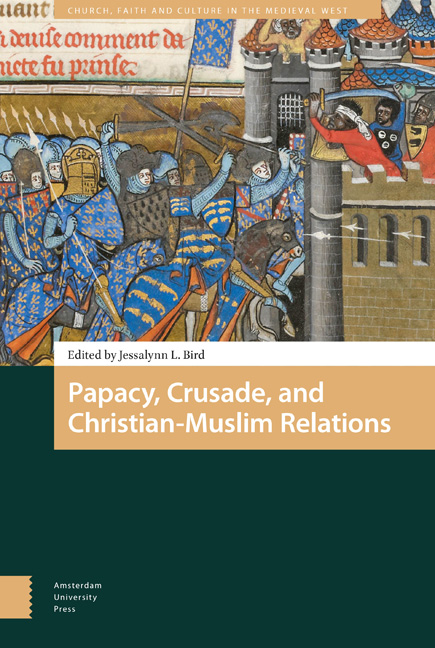1 - Lay Initiative in the Early Peace of God Movement, 980–1020
Published online by Cambridge University Press: 22 December 2020
Summary
Abstract
In the tenth-century peace movement, all ranks of society, clerical and lay, tried to end wars and suppress violence. Clergy, warriors, and armed peasants alike swore on holy relics oaths to maintain the peace, protect the unarmed, and respect the property of the church. These peace councils demanded settlements by force of law and not by violence. Although called by bishops, the presence of a ducal entourage was by 1000 a powerful sanction. Courts of both bishop and count dealt with outbreaks of violence between councils. Hostages ensured good behaviour. The church threatened excommunication and interdict on peace-breakers. Cooperation between lay and ecclesiastical leaders helped make these early peace councils effective. They marked the last stage of Carolingian collaboration between clergy and laity, powerful and poor, in an effort to govern by a combination of spiritual authority and law rather than naked force.
Keywords: Peace of God, peace councils, violence in the tenth century, episcopal power, laity in the Carolingian church, lordship in early Capetian France, law and order in the tenth century
Introduction
The tenth century, sometimes known as the Century of Iron, was inured to violence and tolerant of war, as indeed we still are today. The early peace movement was a special moment in history when all ranks of society, clerical and lay, worked together through institutional channels and family networks, and by a show of power, secular and supernatural, tried to limit local violence. The earliest gatherings were led by bishops, who were also counts, and then later by counts and dukes in cooperation with their bishops.
The peace councils were dramatic events, gathering monks, clergy, nobility, knights, and peasants. Abbots and monks brought the relics of the saints in elaborate processions, miracles often abounding, and on these relics, clergy, warriors, and armed peasants alike swore oaths to maintain the peace, protect unarmed clergy and peasants, and respect the property of the church. Monastic historians chronicled the events, described the miracles of the saints, and preserved the canons of the peace councils. They interpreted the councils as part of a reform movement led by monasteries, such as Cluny.
- Type
- Chapter
- Information
- Papacy, Crusade, and Christian-Muslim Relations , pp. 21 - 44Publisher: Amsterdam University PressPrint publication year: 2018
- 1
- Cited by



